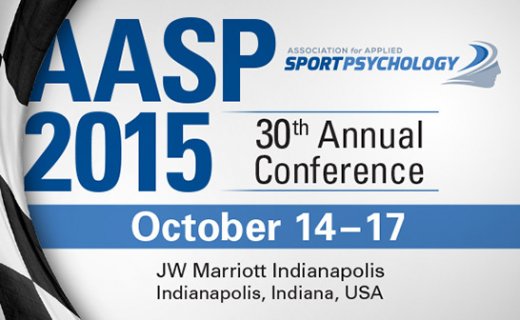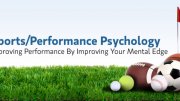
The Association for Applied Sport Psychology’s (AASP) is committed to the professionalization and advancement of the field of sport and exercise psychology.
Consistent with this commitment, all AASP members must recognize their work-related professional privileges and associated responsibilities. Added Text
The AASP Ethical Code is an important component of our professional responsibilities. AASP members and visitors should become familiar with the Code.
AASP Ethics Code: Purposes and Organization
Our professional privileges originate in society's recognition of AASP members as trained persons possessing specialized knowledge and skills. Our responsibilities stem from society’s belief that AASP members will:
- Self-regulate our work-related conduct
- Do no harm to people we work with and serve
- Protect the dignity and welfare of people we work with and serve
- Respect the autonomy and independence of people we work with and serve
AASP developed and adopted a code of ethics conduct in the 1990s. It is largely based on the American Psychological Association's Ethical Principles of Psychologists and code of conduct (American Psychologist, 1992, V47, #12, pp. 1597-1611.) Our code reflects the core values of our association and of society.
- Foster the public’s trust in AASP and it members, and to
- Enhance the potential of AASP members to be of service to society
Clearly, no single set of guidelines can anticipate and address all ethically challenging situations related to our consulting, research, supervising, teaching, and other work-related activities. However, our code provides useful:
- Proactive guidance to direct the thinking and action of its members
- Reactive guidance when ethical problems or dilemmas do arise
The AASP Ethical Principles and Standards (the Ethics Code) consists of:
- Introduction
- Preamble
- 6 General Principles
- 25 Standards
The Introduction, Preamble and General Principles of the Ethics Code are designed to guide AASP members toward the ideals of thinking and practice in our unique field. The Standards specify the boundaries of professionally acceptable, ethical behavior.
Whereas the Preamble and the General Principles are not enforceable rules, they should be considered when contemplating ethical courses of action. In contrast, the Standards are enforceable rules that mandate specific behavioral actions on the part of AASP members.
AASP members must know that, in a number of ethically challenging situations, other ethical and legal codes may be applicable to their thinking and action. When making decisions regarding professional conduct, AASP members must consider the AASP code, other applicable ethical codes, or the law.
Source: www.appliedsportpsych.org
You might also like:





|
LearnSmart for King Science of Psychology Courseware Display On Website (McGraw Hill Digital Software)
|















I can safely say I've never thought anything about the AASP, ever. Thanks for asking.
Sport Psychology is anything to do with the brain within the brackets of sport. Studying Sport Psychology at university we had modules such as pre-performance routines (psyching yourself up or calming yourself into a relaxed state), anxiety and over coming it, sociology of sport (i.e. what ages, sexes, ethnic groups participate). We also studied sport and psychology separately. My dissertation was on aggression in football (or soccer if you are from the US) and looked at different types and cause of aggression within the sport.